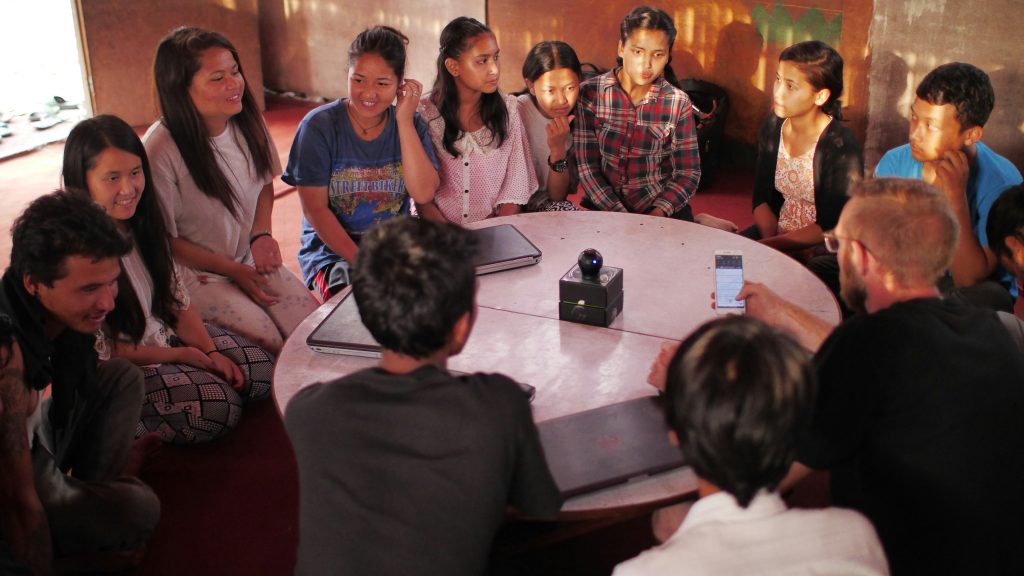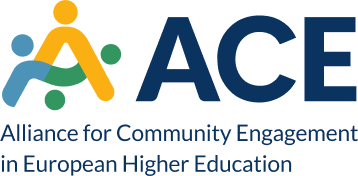
On May 6 and 8, 2025, Lodz University of Technology hosted two stakeholder meetings as part of the ACE project. The events offered an important platform to introduce the project’s goals, share key developments, and facilitate discussion with representatives from all sectors involved in shaping socially responsible higher education.
During the meetings, participants were introduced to the ACE project’s core objectives and methodology. The agenda included an overview of the project’s mission to elevate the quality and impact of community engagement across higher education institutions (HEIs), strengthen partnerships with community stakeholders, and build the capacity of academic and non-academic staff to collaborate effectively.
A central point of discussion was the presentation of Scan Cards, one of the key tools developed within the ACE project. These cards were designed to stimulate reflection and dialogue around community engagement practices. Participants explored the underlying assumptions, structure, and potential applications of the Scan Cards, engaging in meaningful discussions about how they might support more inclusive and strategic engagement processes within their institutions and communities.
What made the meetings particularly impactful was the diverse representation of stakeholders, in line with the Quadruple Helix model, which integrates voices from academia, government, civil society, and industry. This inclusive approach is fundamental to the ACE project’s strategy, ensuring that multiple perspectives inform the development of practical tools and approaches.
Attendees included university staff and researchers, representatives of local authorities and public institutions, non-governmental organizations, and business stakeholders. Their insights contributed to a vibrant and open discussion on the current state of university-community collaboration and how tools like the Scan Cards can help improve its effectiveness and societal relevance.
These events underline the importance of shared learning, mutual understanding, and practical collaboration in creating socially responsible universities. As the project continues, the insights gathered in Lodz will play a key role in shaping future actions and strengthening the capacity of European HEIs to engage meaningfully with their communities.







